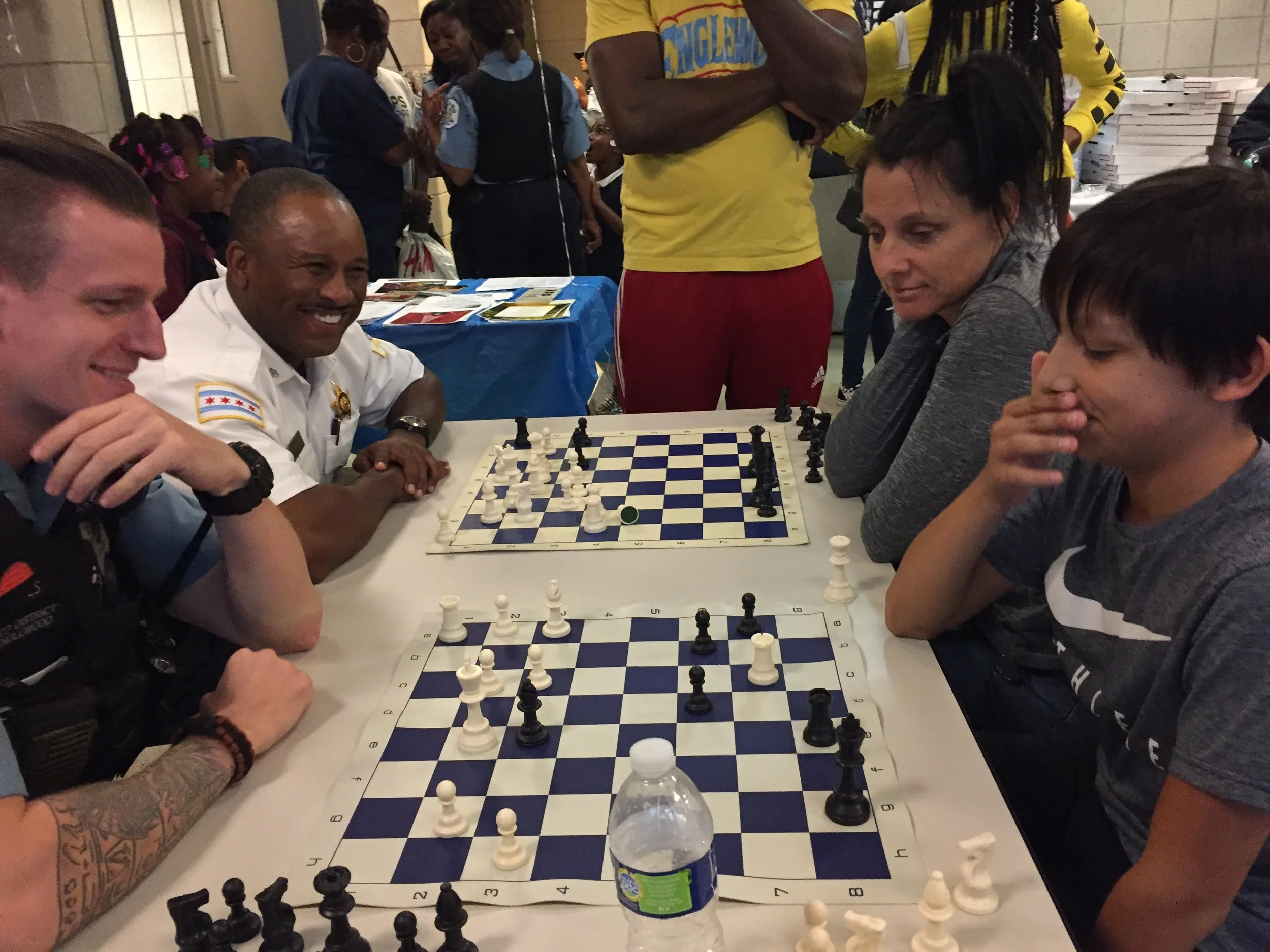
Projects
Operationalizing Community Policing
Community policing is a philosophy that emphasizes collaboration between police and the community to build trust and solve problems. The Chicago Police Department's (CPD) consent decree mandates that every CPD member – sworn officers and civilians – be responsible for making community policing a core component of its programs, training, resource deployment, and accountability systems.
CPD Workforce Allocation Study Scope
It is imperative that CPD accomplish the changes the Consent Decree requires while maintaining the day-to-day operations that ensure public safety. Both priorities require careful planning of workforce allocation for how officers are deployed.
911 Alternate Response Strategy
The field of alternate response has matured significantly over the past few years, particularly within the context of a nationwide push to reimagine public safety. A recent report found that the majority of Chicago’s 911 calls are related to non-urgent matters like car accidents, mental or physical health issues, or noise complaints.
Chicago’s Mental Health Alternate Response Expansion
Chicago’s Crisis Assistance Response and Engagement (CARE) program responds to 911 calls involving individuals experiencing a mental health or substance use-related crisis. The City has continued to scale up operations since the first on-the-ground team was launched in September 2021. Early in his tenure, Mayor Brandon Johnson committed to expanding the CARE program for two reasons: alternate response directly supports his “Treatment Not Trauma” policy priority, and the work is an element of his “People’s Plan for Community Safety.”




